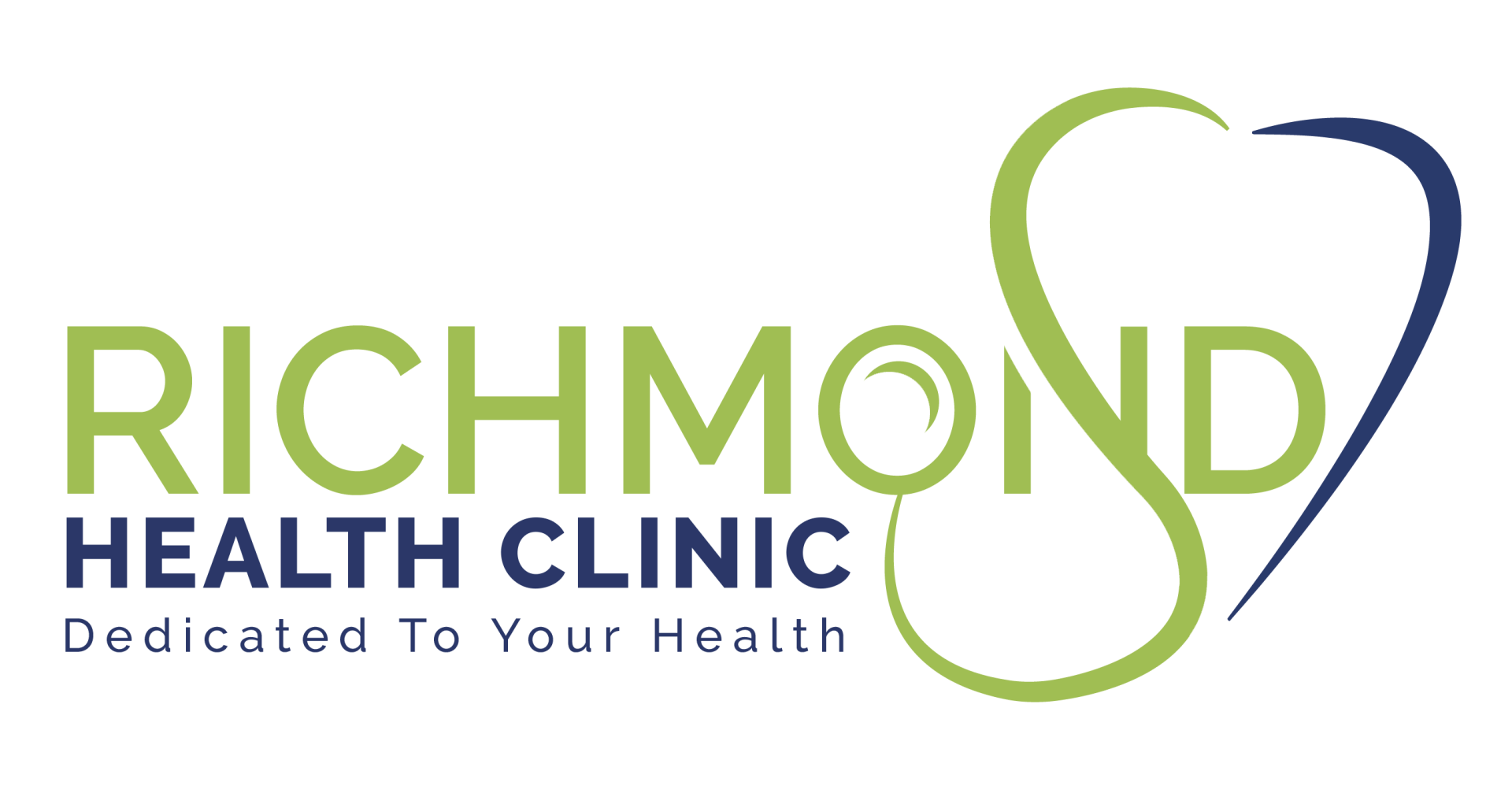Sexual Health
- Sexual Health Clinic
- Safe Sex & Contraception Advice
- Sexually Transmitted Diseases
- Sexually Transmitted Disease Checks
- Regular Screening
Sexual Health Clinic
At Towers Family Health Clinic we provide sexual health services.
Sexual health plays an important role in establishing and maintaining a healthy and satisfactory relationship and can be influenced by both the physical and mental health of an individual.
- Anxiety,
- Depression,
- Aging,
- Hormonal imbalance,
- Excessive alcohol consumption,
- Smoking,
- Certain medications and
- Underlying disease conditions
Sexual Health Remedies
Various studies revealed that a properly balanced diet, regular exercise and maintaining a healthy body weight can significantly improve sexual dysfunction.
Those suffering from sexual dysfunction should consult our doctors to identify and treat the underlying causes.
Safe Sex & Contraception Advice
Safe Sex Advice
Safe sex isn’t just penetrative vaginal sex. It can also include oral sex, anal sex and masturbation. Some people may even define sex as any sexual activity. It is important you make sure that all sexual activity is undertaken safely.
Safe sex means that you make sure your body fluids and your partner’s body fluids (semen, vaginal fluids and blood) don’t come into contact with each other’s bodies.
- Make sure that you always use a condom.
- Make sure you get tested for STIs regularly.
For confidential advice call our practice and make an appointment.
Contraception Advice
Family planning is the method of planning your family in terms of the desired number of children, and comfortably spacing your pregnancies. Family planning is achieved with the use of contraceptives.
There are many different methods of contraception to avoid pregnancy
There are many different methods of contraception to avoid pregnancy
- Abstinence
- The natural family planning method
- Barrier methods
- Hormonal methods
- Withdrawal
- Sterilisation
- Implanon
- Mirena IUS
- Intra Uterine Contraceptive Device
Emergency Contraception
Emergency contraception, or emergency postcoital contraception, are birth control measures that may be used after sexual intercourse to prevent pregnancy.
For urgent advice call our clinic.
Sexually Transmitted Diseases
Sexually transmissible infections are infectious diseases where the primary mode of transmission is through sexual contact. They may be transmitted from one person to another via:
- Blood,
- Semen,
- Vaginal discharge and
- Other body fluids.
Types of Sexually Transmitted Disease
There are three types of STD disease agents, these are:
- Viruses (human papillomavirus, genital herpes, HIV)
- Bacteria (gonorrhea, syphilis, chlamydia)
- Parasites (trichomonas)
What are the Symptoms of STDs
STDs can present in many forms, but may also be asymptomatic. Some symptoms include:
- Sores or bumps on the genitals, mouth or anus
- Painful or burning urination
- Discharge from the penis
- Unusual or odd-smelling vaginal discharge
- Unusual vaginal bleeding or abdominal pain
- Pain during sex
- Sore, swollen lymph nodes, particularly in the groin
- Unexplained fever or rashes
What STD’s Can be Screened
Our doctors can order urine or blood tests to check for:
- Chlamydia,
- Gonorrhea,
- Hepatitis,
- Herpes,
- HIV
- Syphilis.
- Genital warts or human papillomavirus (HPV) which may also cause cervical cancer in women, and the human immunodeficiency virus (HIV).
Sexually Transmitted Disease Checks
STD Screening
Sexually transmissible infection checks are diagnostic procedures employed for the identification of STD infections.
Sometimes the sexually transmissible infection does not cause any symptoms and the infected person can continue to transmit the infection unaware. Early detection of the infection may be helpful for the successful treatment and prevention of further transmission.
Diagnostic procedures for identification of common STIs include:
- Blood tests,
- Urine test,
- Body fluid sample test and
- Specific screening tests for people prone to infection.
Regular Screening
Regular screening is advisable for early detection and appropriate management of STIs. This is particularly important for sexually active women, homosexual men and HIV positive individuals who are more prone to the other sexually transmissible infections.
The following screening methods are also very important::
The following screening methods are also very important::
- Aged 13 - 64 - Blood and saliva testing is a common screening test for the HIV virus,
- Pregnant Women - Screening for HIV, hepatitis B, chlamydia and syphilis during the first prenatal visit,
- Pregnant Women - at increased risk of developing gonorrhoea and hepatitis C.







